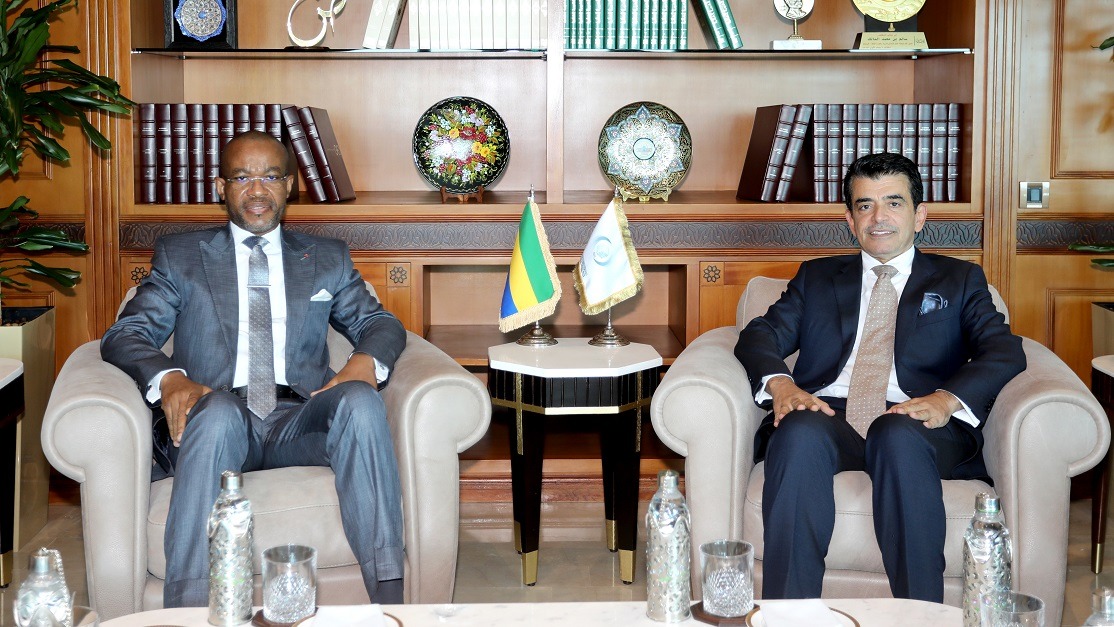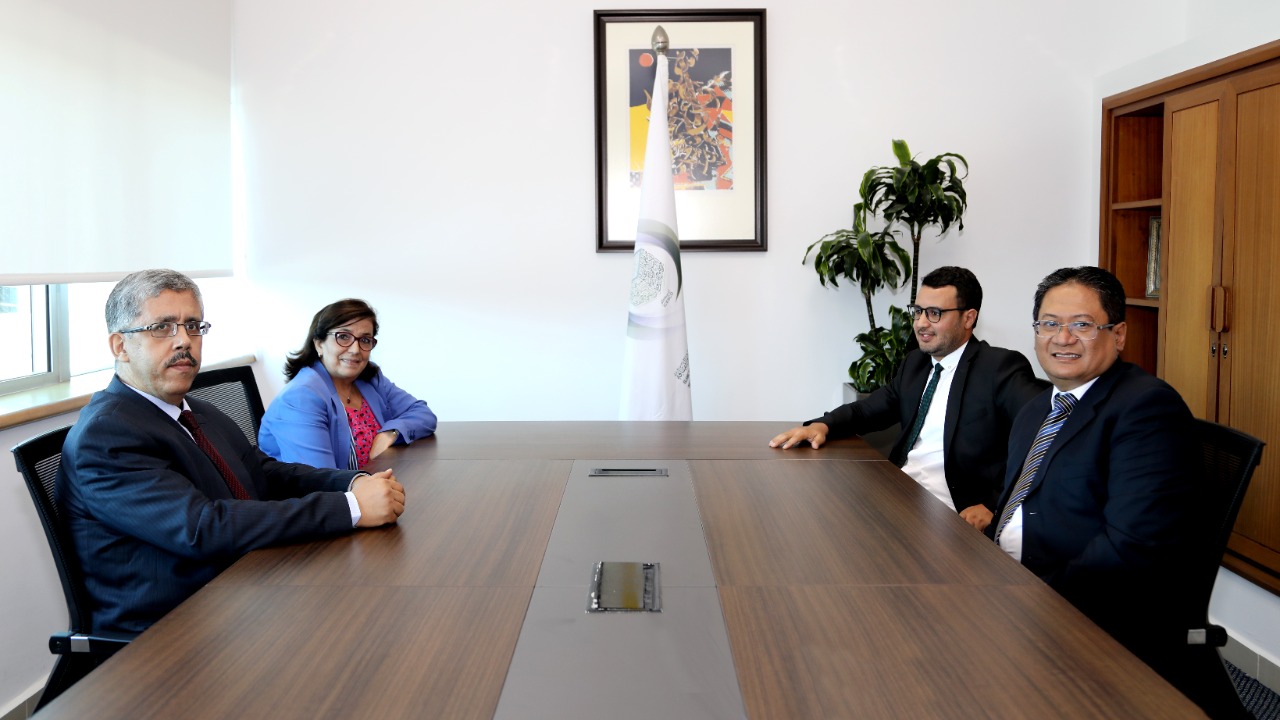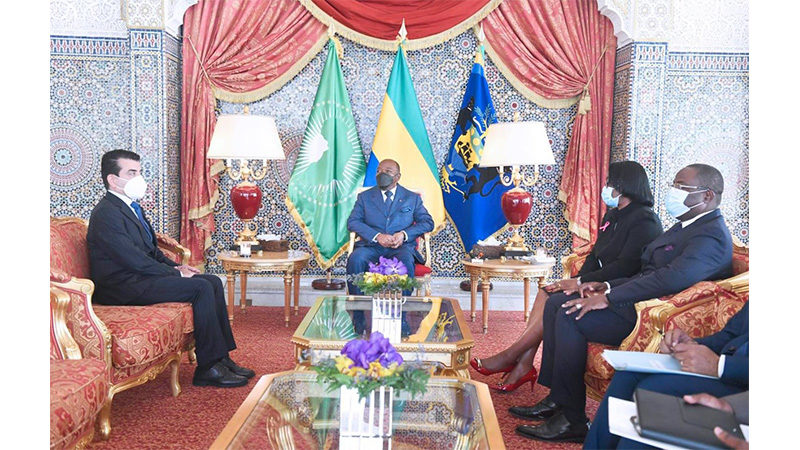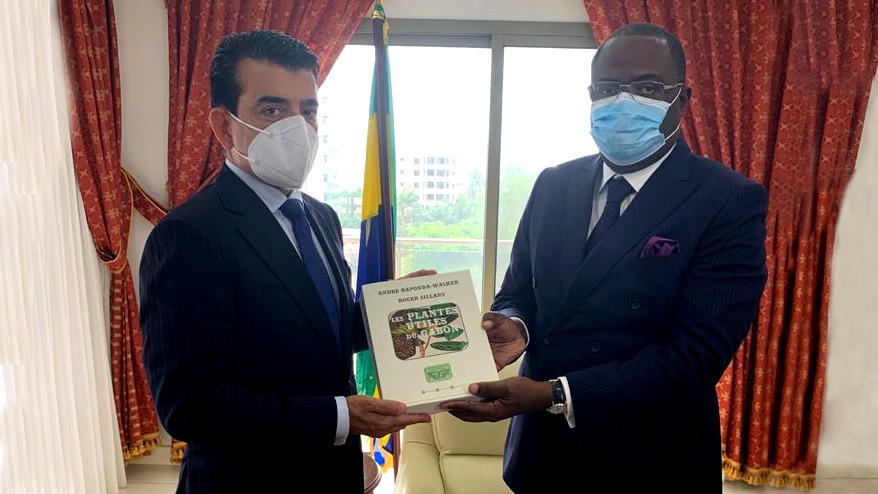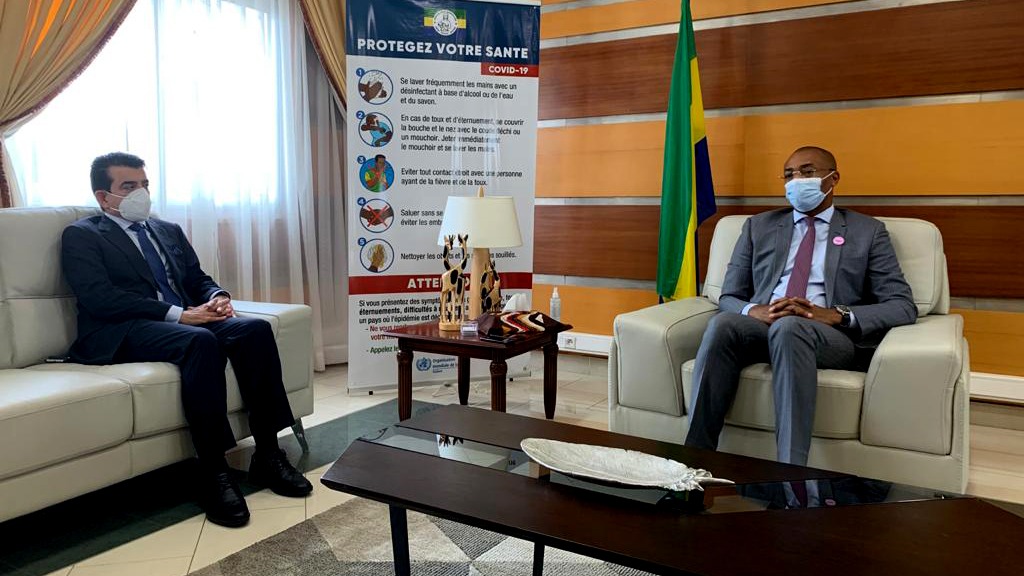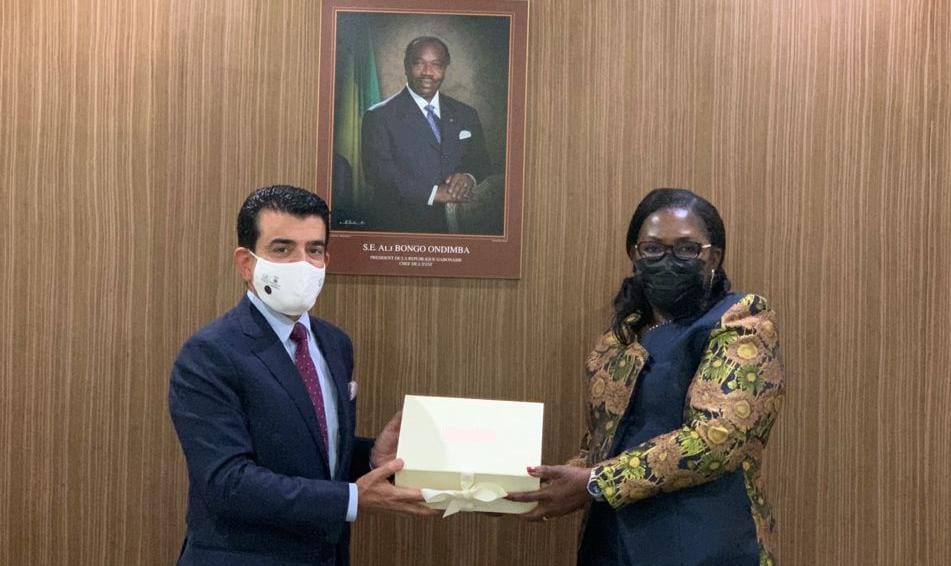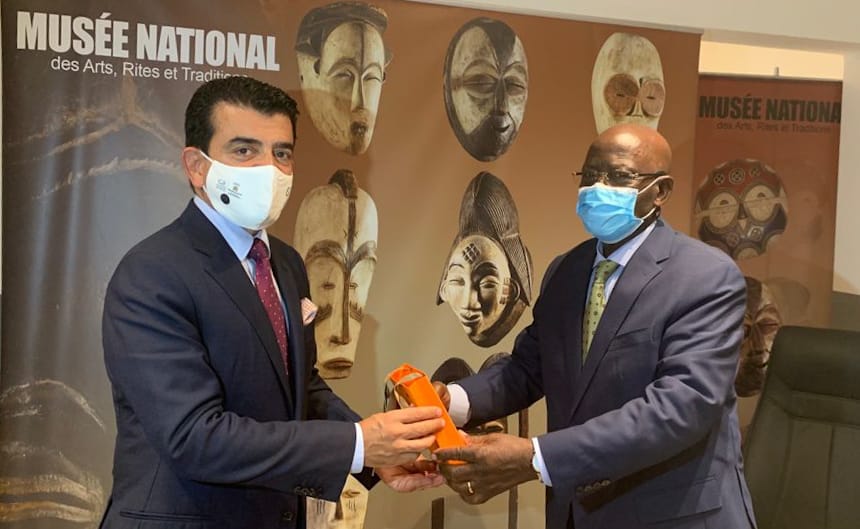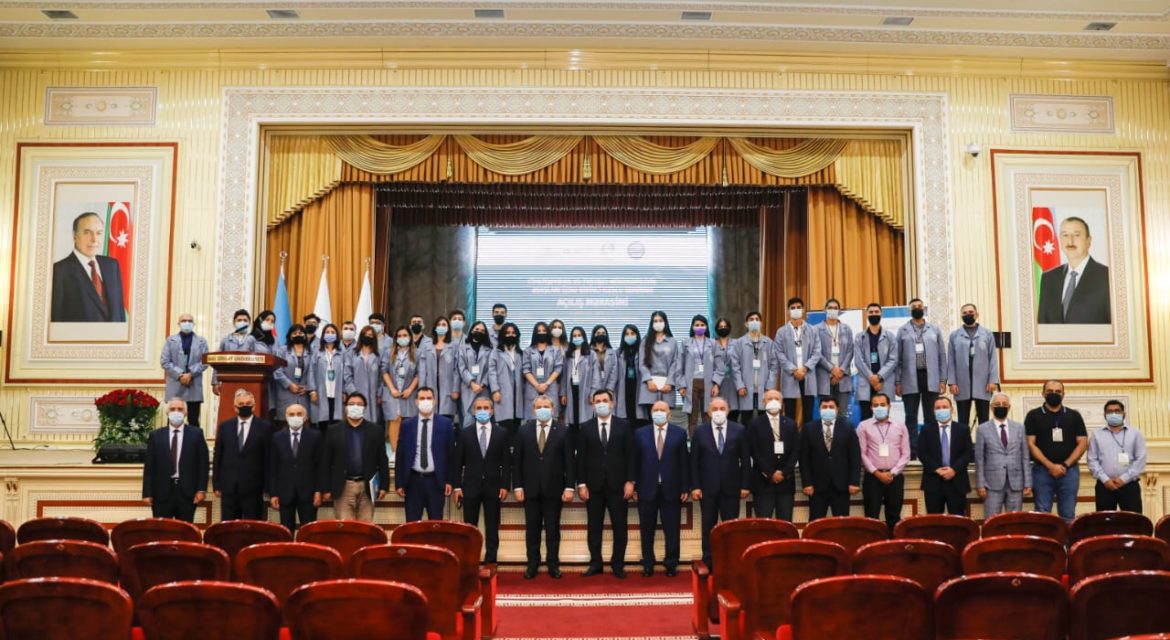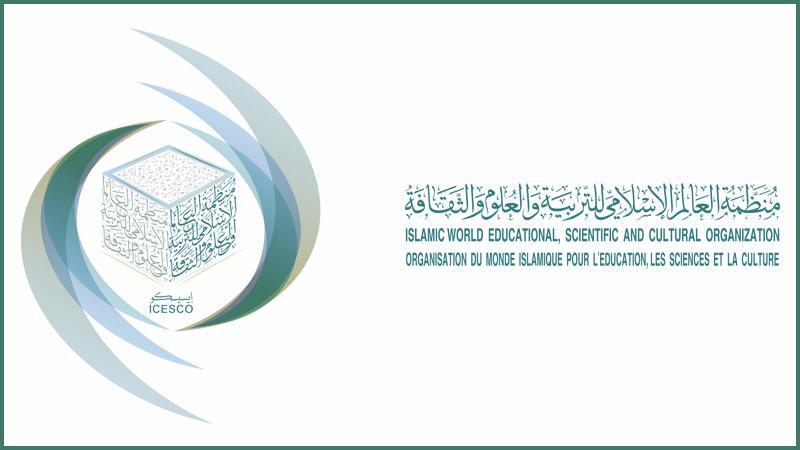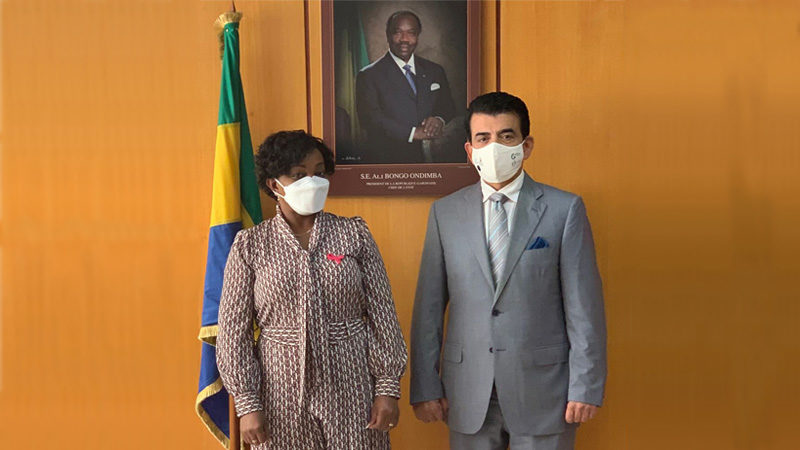Dr. Salim M. AlMalik, Director-General (DG) of the Islamic World Educational, Scientific and Cultural Organization (ICESCO), received Mr. Sylver Aboubakar Minko Mi-Nseme, Ambassador of Gabon to Morocco. The two parties discussed the outcomes of Dr. AlMalik’s and ICESCO delegation’s official visit to Gabon on October 4-7, 2021, and the latest developments concerning joint programs and activities explored and agreed upon with senior Gabonese officials.
At the beginning of the meeting, held at ICESCO headquarters in Rabat, on Wednesday, October 13, 2021, the DG expressed his appreciation to the Gabonese Government for the warm reception during his visit to Gabon and the fruitful meetings with the Prime Minister and other Gabonese ministers, which culminated in an audience with the President of the Gabonese Republic, His Excellency Mr. Ali Bongo, at the Presidential Palace in Libreville.
Dr. AlMalik reaffirmed that the joint programs and activities discussed during the official visit will be shortly implemented, noting that a delegation of experts from the ICESCO Culture Sector will visit Gabon in a few days to organize a training workshop for heritage professionals on preparing nomination files for the inscription of heritage sites and cultural elements on heritage lists. He added that another delegation from ICESCO Center of Arabic for Non-Arabic Speakers will visit Gabon to agree on the establishment of a regional center for Arabic teaching in Gabon.
For his part, the Ambassador of Gabon in Rabat thanked ICESCO Director-General for his visit to Libreville, emphasizing that it marks a new beginning for cooperation between Gabon and ICESCO. This partnership received significant attention from officials who are keen to engage constructively with the Organization in various fields.
At the close of the meeting, the two parties stressed the importance of sustained communication between ICESCO and Gabonese stakeholders to identify their priorities and needs and devise programs and activities accordingly to achieve the intended outcomes of the partnership.


